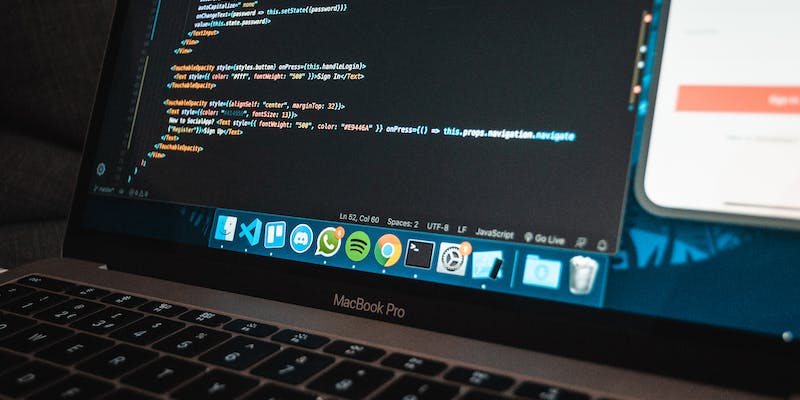The Apache OfBiz ERP system, widely known for its robust functionality, has recently encountered a significant security challenge. A newly discovered zero-day flaw has emerged, allowing threat actors to bypass authentication and gain unauthorized access to internal resources. This article examines the nature of this vulnerability, elucidates its connection to a previous critical flaw, and provides recommendations for mitigation.
Vulnerability Description
The zero-day flaw in the Apache OfBiz ERP system revolves around an authentication bypass mechanism. This flaw originated from an incomplete patch for a prior critical vulnerability. While efforts were made to address the initial weakness, the authentication bypass loophole persisted, leaving servers vulnerable to exploitation.
Previous Critical Vulnerability
The initial critical vulnerability affected the Apache OFBiz ERP system, potentially granting malicious actors full control over targeted servers. Despite security measures taken to address this vulnerability, the incomplete patch allowed the authorization bypass to persist, rendering the ERP system exposed to unauthorized access.
Method of Exploitation
Exploiting the zero-day flaw requires triggering a bug by using empty and invalid USERNAME and PASSWORD parameters. This flaw effectively circumvents existing security measures, granting unauthorized entry to internal resources. Attackers can manipulate the ERP system by bypassing authentication, posing a significant threat to data integrity and information confidentiality.
Specific Parameter Requirement
To exploit the vulnerability successfully, attackers rely on the “requirePasswordChange” parameter in the URL being set to “Y.” This specific configuration enables authentication bypass, leading to unauthorized access. It is crucial to acknowledge the role of this parameter in the overall attack, as configuring it incorrectly can heighten the risk of exploitation.
Server-Side Request Forgery (SSRF) Attack
The identified vulnerability in the Apache OfBiz ERP system also opens doors for a simple Server-Side Request Forgery (SSRF) attack. By leveraging the authorized access gained through the authentication bypass, threat actors can manipulate server requests, leading to potential data breaches, unauthorized data exfiltration, or even denial-of-service (DoS) attacks. The consequences of an SSRF attack can be severe, emphasizing the urgent need for mitigation measures.
Mitigation and Solution
To mitigate potential threats originating from this zero-day vulnerability in Apache OfBiz ERP systems, users are strongly urged to update their system to version 18.12.11 or a later release. Regularly updating software is a fundamental practice that helps safeguard against existing and emerging vulnerabilities. Additionally, adhering to security best practices, such as implementing secure authentication protocols and regularly monitoring system logs, can further enhance protection against unauthorized access attempts.
The discovery of a zero-day vulnerability in the Apache OfBiz ERP system highlights the importance of promptly addressing and patching security flaws. The incomplete patch of a previous critical vulnerability allowed for an authentication bypass, exposing servers to unauthorized access. As attackers can exploit this flaw to achieve an SSRF attack, the risks to data integrity and confidentiality are substantial. It is vital for users to update their software to mitigate these threats and diligently follow security best practices to ensure the robustness of their ERP system’s security measures. By doing so, organizations can effectively protect their sensitive information from unauthorized access and potential attacks.

